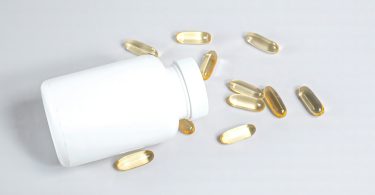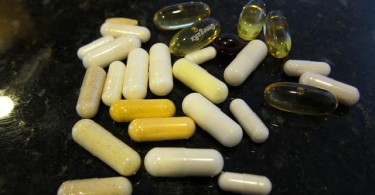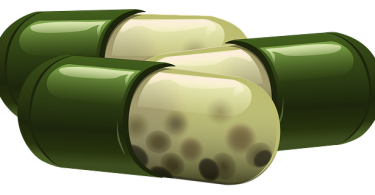Americans spend billions and billions of dollars on vitamin supplements each year. But too many...
Supplements
Avoid supplements with these 15 ingredients
From cancer to liver failure — to death. Ingredients in supplements passed off as healthy can...
Should you take Vitamin C tablets?
Many of my patients tell me that they are taking large doses of Vitamin C tablets to boost their...
How to boost your brainpower
Ready to boost your brainpower? Consumer Reports advises that you keep your weight normal and eat...
FDA is hiding information on supplements that are dangerous
The FDA regulates dietary supplements, including beauty products, sexual enhancement products, and...
Coronavirus: Taking supplements poses risks
If you’re thinking there’s a vitamin supplement you can take to fend off the novel...
Avoid brain-boosting supplements
Brain-boosting supplements, much like weight-loss supplements, are extremely popular. But, as all...
Exercise may be your best bet for bone health, not calcium or...
Calcium helps keep your bones strong and healthy. So, it is wise to incorporate foods with calcium...
Skip the pills, grab a spoon; why you should likely avoid B6...
Some of you may have heard B6 supplements and may have wondered if you should take them. Instead of...
What are probiotics and should you take them?
These days, it seems that everyone is recommending particular diets to improve your health. And...










